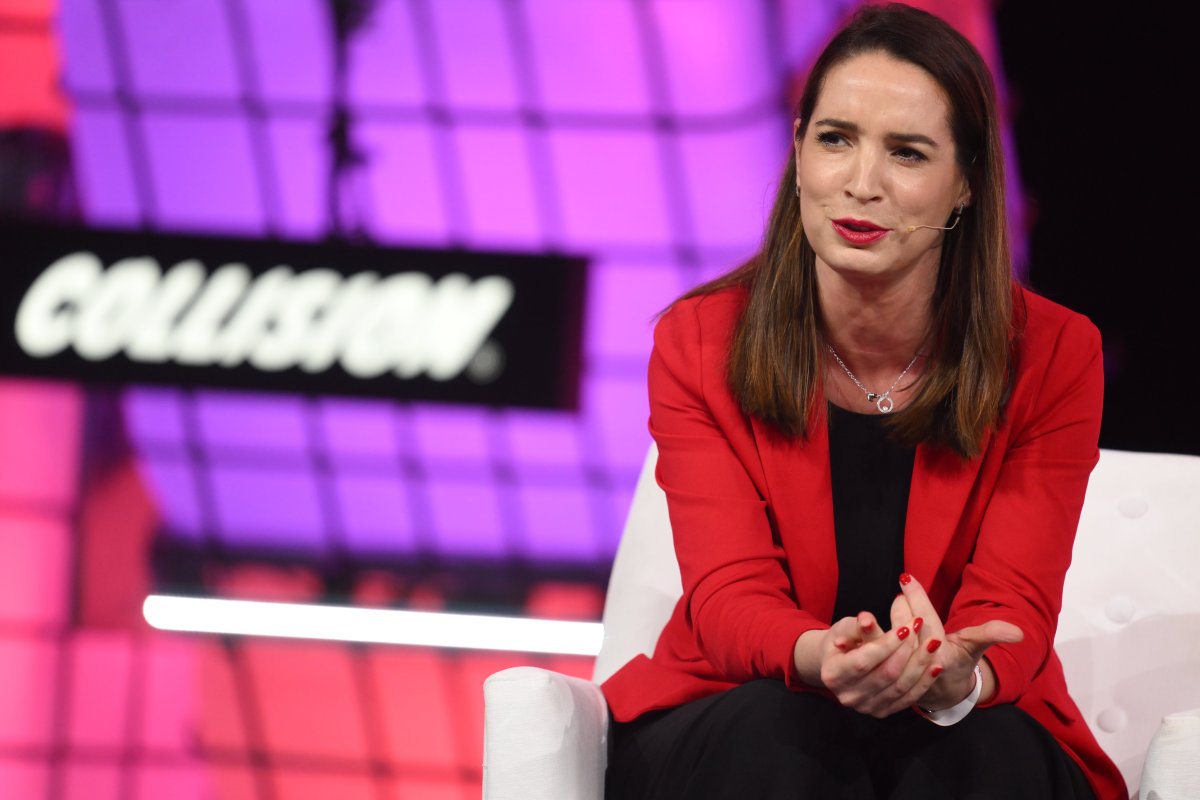Techstars, a prominent accelerator group, recently made significant changes to its operations, including closing some city-based programs.
Criticism from former members highlighted concerns that Techstars was deviating from its successful city-based focus. The decision to shut down accelerators in Boulder, Seattle, and pause the Austin program raised questions about Techstars’ direction.
With a global presence and a history of supporting early-stage startups, Techstars’ operational shifts will impact founders and local venture ecosystems worldwide.
The local connection
In response to Techstars’ strategic shifts, former Managing Director Chris DeVore criticized the centralized fundraising approach and the reliance on corporate sponsorships.
The debate around Techstars’ decisions intensified as CEO Maëlle Gavet publicly engaged in discussions defending the organization’s choices.
Concerns were raised about the impact of moving away from local funding models on program success and talent attraction.
Gavet explained that the shift from local to centralized funds was necessary as the former model was no longer effective.
Despite disagreements, Gavet defended Techstars’ collaboration with corporate partners as a valuable competitive advantage.
The future
Questions remain about Techstars’ fundraising efforts, with the status of a new fund raising uncertainties. Gavet remained optimistic about the organization’s future.
As Techstars navigates its transformation, comparisons are drawn to its competitors like Y Combinator, who have also restructured their operations.
Despite challenges and competition, Gavet expressed confidence in Techstars’ growth and impact, citing an increase in investments and a strong pipeline for the future.


